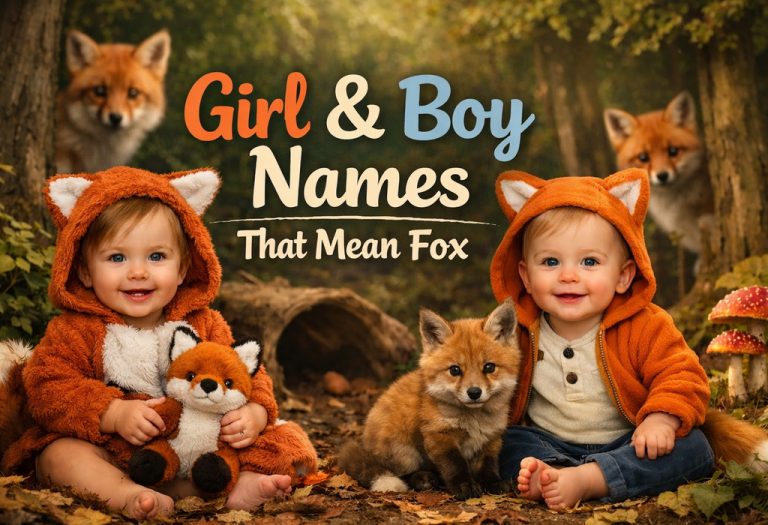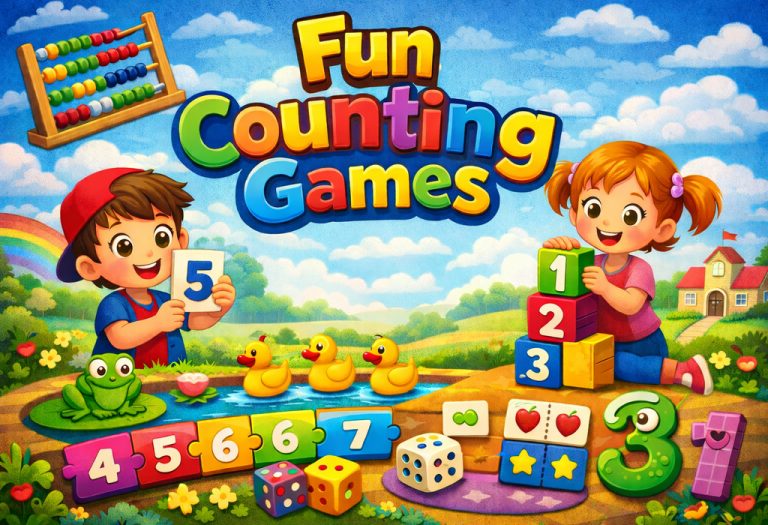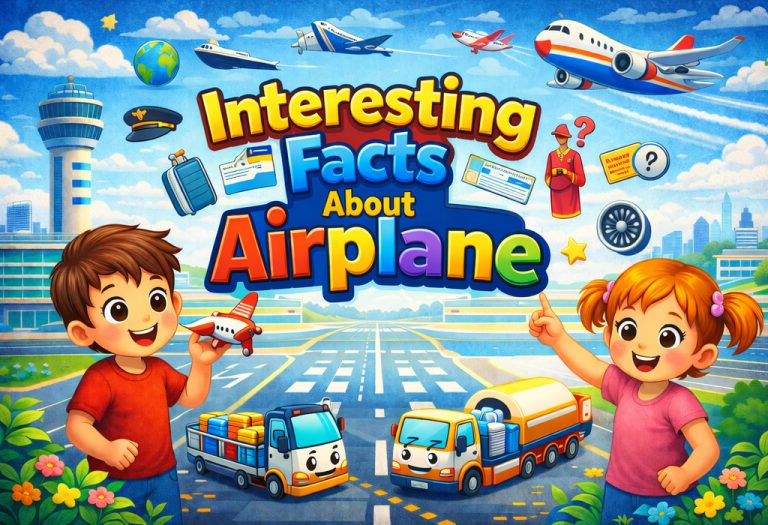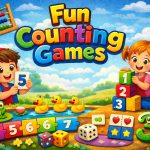8 Month old baby Milestones and languages used for their communication
At 8 months, babies typically start crawling, experiment with self-feeding, and begin to understand object permanence. They also make more sounds and may start imitating sounds and gestures, while also exploring their world.
Here are some of the milestones that your 8-month-old baby may reach:

Expert Note
Laxman GadakhSEO
Laxman Gadakh
- Crawling. Your baby will likely start crawling soon after they’re able to sit well without support. For many babies this happens around 8 months, but don’t worry if your baby hasn’t started crawling yet. Some babies don’t crawl until they’re closer to 1, and some skip straight to walking.
- Standing. Your baby may be practicing pulling themself up on furniture and standing while holding on. Some babies will start bouncing up and down in their cribs, using a crib rail for support. (Make sure to put the crib mattress on the lowest setting so your baby can’t fall out.) Standing is the next step on the journey toward walking – which for some babies starts as early as 9 months old!
- Having a “lovey.” Soon, your baby may develop an attachment to a special blanket, toy, or stuffed animal. Don’t be concerned if your baby bonds with a “lovey” – in fact, it’s actually a healthy sign of development. Your baby is transitioning from depending on you as their main source of comfort to having another source of support. You can encourage your baby’s relationship with their lovey, but be sure to follow safe sleep practices and don’t put stuffed animals, blankets, or pillows in their crib.
Quick Tips:
- Saying words. Babies will be babbling by 8 months old and some may have started saying words like “mama” and “dada.” True communication won’t kick in until they’re closer to 12 months. However, until then your baby is laying the foundation for language, so it’s important to keep talking and reading to your baby.
- Increased motor control. Your baby may be able to pass things, such as a toy, smoothly from one hand to the other. They may also be skilled at grasping small items and getting them to their mouth. (Watch out!)
- Pointing. Babies often start pointing between now and a year old, so watch out for this fun milestone. Encourage your baby by pointing to things and describing them, and if your baby points a finger at something, make sure to notice and respond.
Language and Communication:
- Making Sounds: Babies may start making more sounds, including babbling and imitating sounds.
- Understanding Words: They may start to understand simple words and phrases, and may even begin to respond to their name.
- Other Important Milestones:
- Exploring the World: Babies are actively exploring their surroundings using their senses.
- Social Interaction: They may start to show more interest in social interactions and may enjoy playing games like peek-a-boo.
- Sleep: 8-month-olds typically sleep about 14 hours in a 24-hour period.
-
Feeding:
Moral of the story
Babies may start experimenting with self-feeding and may enjoy exploring different textures and flavors. -
Babies may start experimenting with self-feeding and may enjoy exploring different textures and flavors.
-
-
They are likely eating a variety of solid foods in addition to breast milk or formula.
-
It’s important to avoid foods that are choking hazards, such as whole grapes or nuts.
-
-
8-month-old weight and length
How much should an 8-month-old weigh? At this age, babies’ weights can vary quite a bit. Here are some averages:
Baby boys
Average weight for an 8-month-old: 18 pounds 15 oz
Average length for an 8-month-old: 27 3/4 inchesBaby girls
Average weight for an 8-month-old: 17 pounds 7 oz
Average length for an 8-month-old: 27 inches
Was This Article Helpful?
Parenting is a huge responsibility, for you as a caregiver, but also for us as a parenting content platform. We understand that and take our responsibility of creating credible content seriously. FirstCry Parenting articles are written and published only after extensive research using factually sound references to deliver quality content that is accurate, validated by experts, and completely reliable. To understand how we go about creating content that is credible, read our editorial policy here.
Parenting is a huge responsibility, for you as a caregiver, but also for us as a parenting content platform. We understand that and take our responsibility of creating credible content seriously. FirstCry Parenting articles are written and published only after extensive research using factually sound references to deliver quality content that is accurate, validated by experts, and completely reliable. To understand how we go about creating content that is credible, read our <a href=”https://parenting.firstcry.com/editorial-policy/”>editorial policy here.</a>





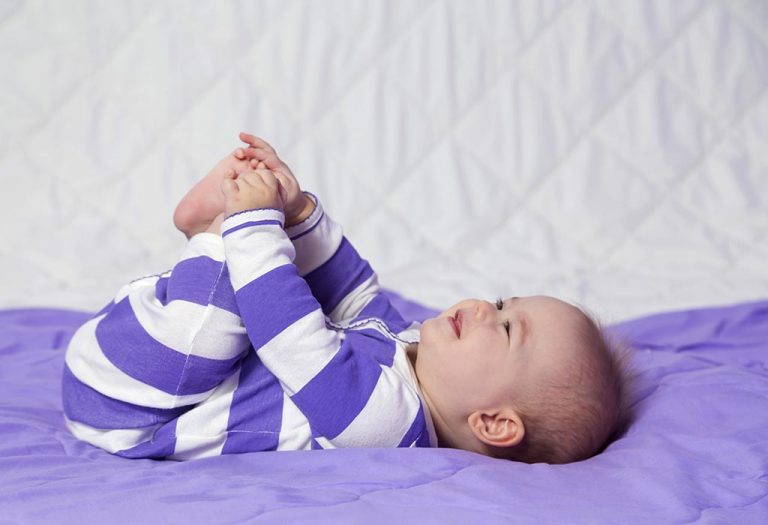
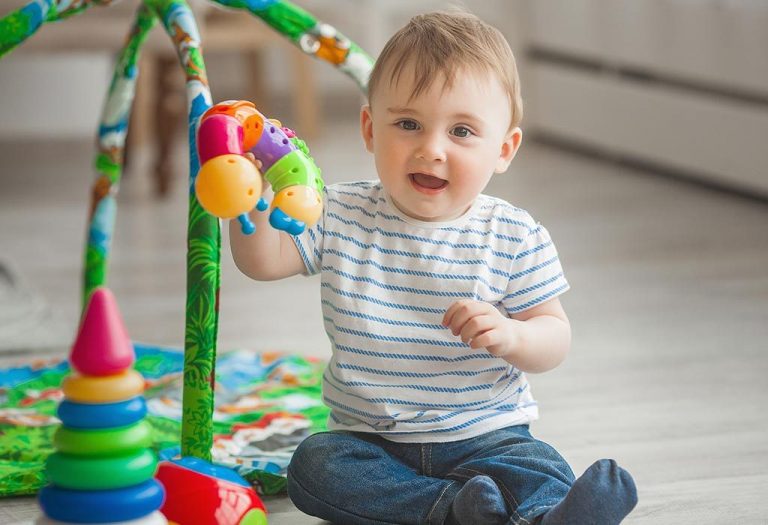

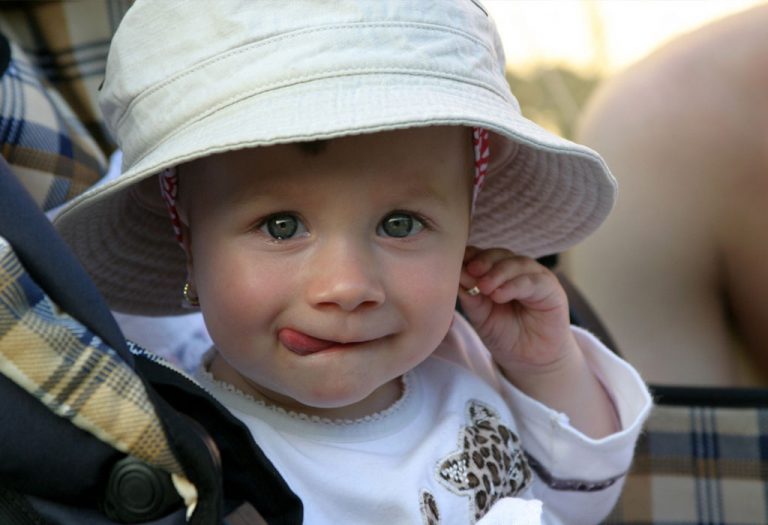
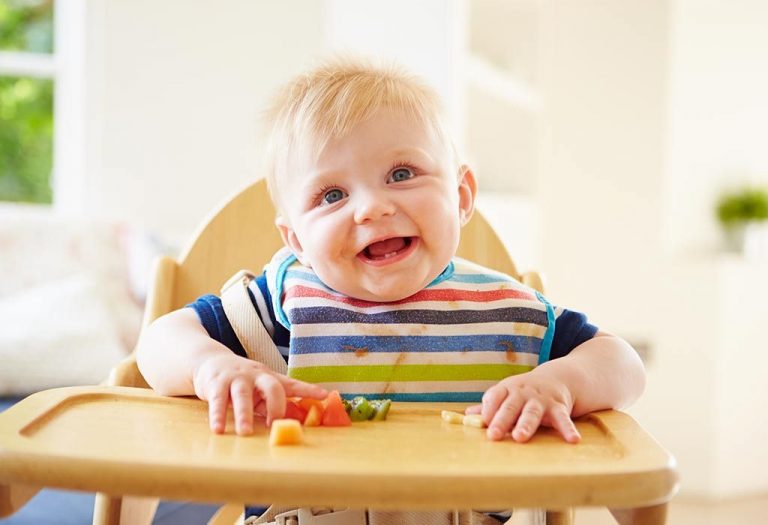


.svg)








